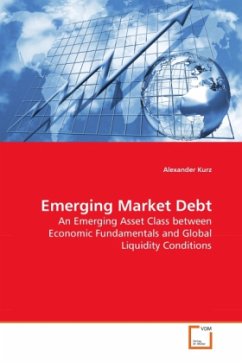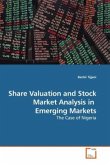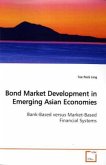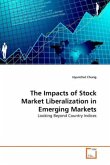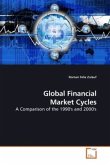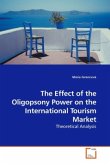When we look at Emerging Markets' eventful history at the capital market, we find that nearly each has defaulted on a sovereign bond even the United States at the time when it was a developing country. Today, the US is considered a safe harbor in the investing world, and countries that are now tagged Emerging Markets trade at razor-thin margins over US Treasuries. Nevertheless, high yields coupled with low co-movement with established asset classes put Emerging Market Debt in the spotlight massive capital inflows entailed a sharp compression of spreads towards less risky assets. Is this drop in risk premia justifiable by country-specific fundamentals? Or is it driven by the abundance of globally investable liquidity and investors' risk appetite? An understanding of this distinction is crucial for both policy makers in Emerging Markets and asset managers worldwide. Addressed to researchers and practitioners alike, this study derives a reduced-form model and tests macroeconomic as well as global factors on their respective impact. Finally, Emerging Market Debt is related to other asset classes to gain insights into risk and return, portfolio diversification and asset allocation.
Bitte wählen Sie Ihr Anliegen aus.
Rechnungen
Retourenschein anfordern
Bestellstatus
Storno

